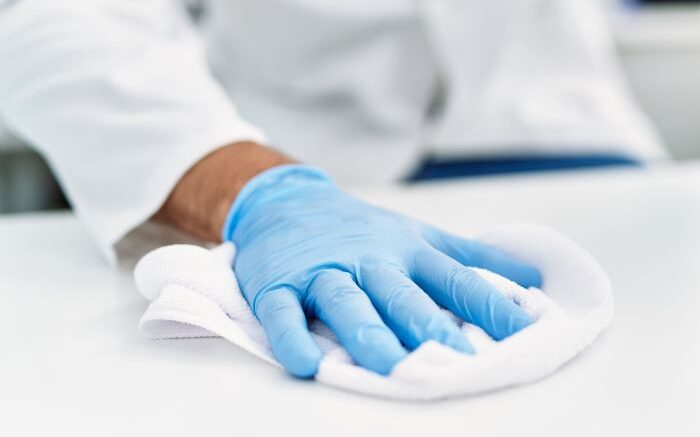The importance of hospital cleaning for controlling healthcare-associated infection (HAI) has taken years to acknowledge, according to Dancer (2023), who adds, "This is mainly because the removal of dirt is inextricably entwined with gender and social status, along with lack of evidence and confusion over HAI definitions. Reducing so-called endogenous infection due to human carriage entails patient screening, decolonisation and/or prophylaxis, whereas adequate ventilation, plumbing and cleaning are needed to reduce exogenous infection. These infection types remain difficult to separate and quantitate. Patients themselves demonstrate wide-ranging vulnerability to infection, which further complicates attempted ranking of control interventions, including cleaning. There has been disproportionate attention towards endogenous infection with less interest in managing environmental reservoirs."
Finding evidence for cleaning is compromised by the fact that modelling HAI rates against arbitrary measurements of cleaning/cleanliness requires universal standards and these are not yet established, Dancer adds. Furthermore, the distinction between cleaning (soil removal) and cleanliness (soil remaining) is usually overlooked. Tangible bench marking for both cleaning methods and all surface types within different units, with modification according to patient status, would be invaluable for domestic planning, monitoring and specification, she says.
This narrative review focuses on recent history and current status of cleaning in hospitals. While its importance is now generally accepted, cleaning practices still need attention in order to determine how, when and where to clean. Renewed interest in removal and monitoring of surface bioburden would help to embed risk-based practice in hospitals across the world.
Reference: Dancer SJ. Hospital cleaning: past, present, and future. Antimicrobial Resistance & Infection Control. Vol. 12, article number 80 (2023).
